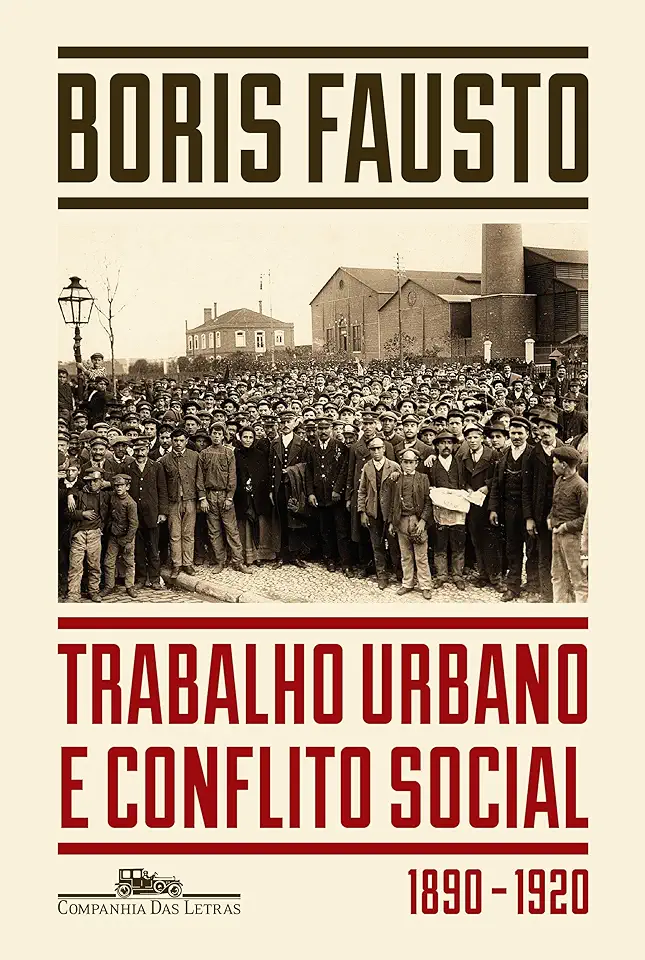
Urban Labor and Social Conflict - Boris Fausto
Urban Labor and Social Conflict: A History of the Working Class in Brazil
Introduction
In his seminal work, "Urban Labor and Social Conflict: A History of the Working Class in Brazil," Boris Fausto provides a comprehensive and insightful analysis of the development of the working class in Brazil from the late 19th century to the mid-20th century. Fausto argues that the growth of the working class was a key factor in shaping Brazil's social and political history, and he explores the ways in which workers organized themselves, fought for their rights, and influenced the broader course of Brazilian society.
The Rise of the Working Class
The late 19th century saw a rapid expansion of Brazil's urban population, as people flocked to the cities in search of work. This influx of workers led to the growth of a new social class, the working class, which was composed of both skilled and unskilled laborers. Fausto describes the difficult living and working conditions that these workers faced, as well as the challenges they faced in organizing themselves and fighting for their rights.
Workers' Struggles and Social Conflict
Fausto argues that the working class played a central role in Brazil's social and political conflicts during the late 19th and early 20th centuries. He examines a series of strikes, protests, and other forms of collective action that workers engaged in, and he shows how these actions shaped the course of Brazilian history. Fausto also explores the ways in which the working class interacted with other social groups, such as the middle class and the elite, and he argues that these interactions were crucial in shaping Brazil's social and political development.
The Impact of the Working Class
Fausto concludes by arguing that the working class has had a profound impact on Brazil's history. He argues that the working class has been a major force for social change, and that it has played a key role in shaping Brazil's political and economic development. Fausto also argues that the working class has contributed to the development of a more democratic and egalitarian society in Brazil.
Conclusion
"Urban Labor and Social Conflict" is a must-read for anyone interested in Brazilian history, labor history, or social movements. Fausto's work provides a comprehensive and insightful analysis of the development of the working class in Brazil, and he shows how this class has played a key role in shaping Brazil's social and political history. This book is essential reading for anyone who wants to understand Brazil's past and present.
Why You Should Read This Book
"Urban Labor and Social Conflict" is a must-read for anyone interested in Brazilian history, labor history, or social movements. Here are a few reasons why you should read this book:
- It provides a comprehensive and insightful analysis of the development of the working class in Brazil. Fausto's work is based on extensive research, and he provides a wealth of information about the lives and struggles of Brazilian workers.
- It shows how the working class has played a key role in shaping Brazil's social and political history. Fausto argues that the working class has been a major force for social change in Brazil, and he explores the ways in which workers have influenced the course of Brazilian history.
- It is essential reading for anyone who wants to understand Brazil's past and present. "Urban Labor and Social Conflict" is a classic work of Brazilian history, and it is essential reading for anyone who wants to understand the country's social and political development.